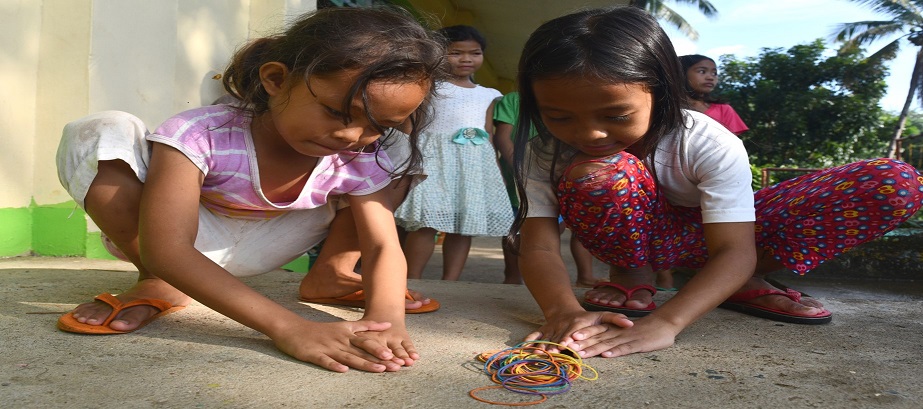ICDP chairperson, Nicoletta Armstrong, received an invitation to present ICDP and take part in the online presentation of the report about the impact of the parenting programme that is implemented by Save the Children and partners. The online event was held on the 18th of March 2022 and it was attended partly in person, and partly through Zoom.
The report presented the results from a quasi-experimental (pre- and post-intervention assessment) evaluation of a parenting programme delivered to the beneficiaries of the Pantawid Pamilyang Pilipino Program (4Ps) in the Philippines. The 4Ps is a nationwide conditional cash transfer programme aimed at breaking intergenerational transfer of poverty by supporting poor households with cash transfers and encouraging them to invest in the health, nutrition and education of their children. This study followed 465 dyads of children and caregivers for a period of 13 months. Of the 465 dyads, 232 dyads formed part of an intervention group that received the ICDP parenting programme in addition to the 4Ps cash transfer, while 233 dyads in the comparison group only received the cash transfer.
Results overview:
1.More caregivers in the intervention group are engaged with their children’s social-emotional learning development than caregivers in the comparison group
2.Caregivers and children in the intervention group also reported a greater reduction in their use of maltreatment than the caregivers and children in the comparison group after participating in the intervention
3.Improvement in social-emotional development for children in the intervention group greater than the improvement for the comparison group
After the presentation of the study findings by Anmol Kamra, (a researcher and consultant at the World Bank who conducted this study), there followed a space for comments by various representatives from different regional and national government departments, who shared positive comments and expressed serious intentions for scaling up in the Philippines the parenting package that includes the ICDP programme. Two hundred government employees are already beginning their training in ICDP, attending courses run by ICDP certified trainers.

